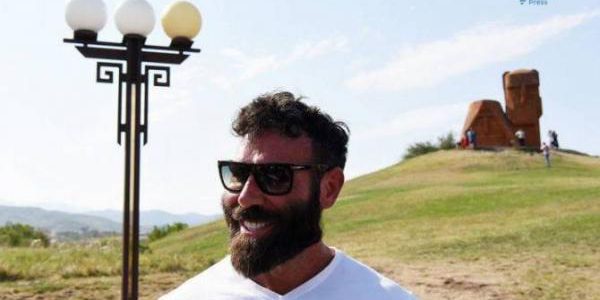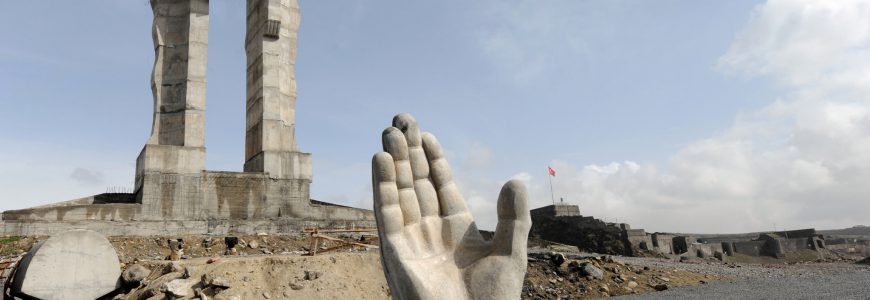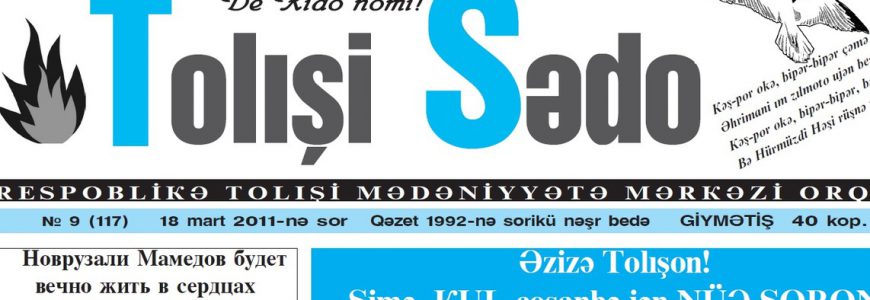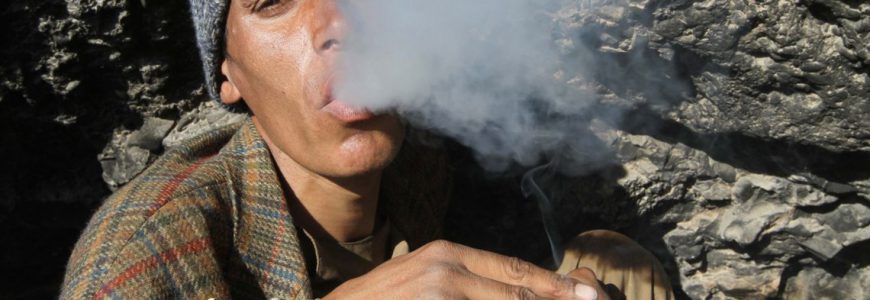YEREVAN, September 26. /ARKA/. Addressing the P the 73rd session of UN General Assembly in New York Armenian Prime Minister Nikol Pashinyan said the peaceful resolution of the Nagorno-Karabakh conflict continues to prevail on Armenia’s foreign policy agenda. In his words, the status and security of the Republic of Artsakh (Nagorno-Karabakh) is an absolute priority of the Republic of Armenia in the negotiation process.
He said any attempt to resolve the conflict through military means represents a direct threat to the regional security, democracy and human rights.
Read more “Azerbaijani leadership’s intention is to cleanse Armenians from Karabakh, Pashinyan says”









